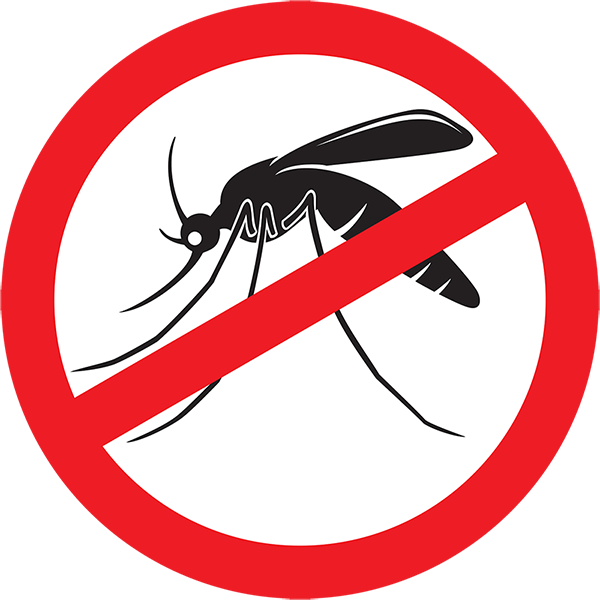MOSQUITO CONTROL WITHOUT PESTICIDES
by Marc Genberg
Many folks are tempted to use any means necessary to control the annoying swarms of mosquitoes that infiltrate our yards in the heat of summer. We can get frustrated in our attempts to use the natural but seemingly inadequate citronella candles and are easily tempted by marketing messages touting conventional pesticides. These pesticides are dangerous and not just to mosquitoes.
Most commercial pesticides contain toxins that can kill beneficial insects such as bees, lady bugs, and praying mantises, and they also leave residues that run off into streams, get on pet’s paws, or on children’s shoes or feet. Many of these pesticides are considered “probable carcinogens” by the Environmental Protection Agency (EPA). Some pesticides are safer than others but they all have their risks.
In the Mid-Atlantic, our mosquito problems and their related disease potential do not warrant the heavy firepower and associated scorched earth tactics of any pesticides, however annoying insects can be. Rather than spray these toxic chemicals in our yards we can choose to use natural mosquito control methods. Our wildlife, including birds, bats, and other insect-devouring creatures will certainly be grateful.

Take Action Against Mosquitoes:
- Dump all standing water regularly, including from gutters, drain tubes, toys, tarps, and flower pots. The entire life cycle of some mosquitoes is approximately 8 – 10 days. Help your neighbors to remove their standing water, too.
- Clean and refill bird baths regularly to stop mosquito breeding and also help keep birds healthy.
- Use bacillus thuringiensis israelensis (Bti) pellets in water traps to kill mosquito larvae. Do not spray Bti as spraying will indiscriminately kill beneficial insects.
- Yellow patio light bulbs or LED bulbs attract fewer mosquitos than traditional white bulbs. You can also help our light-sensitive moths and birds by using a motion-activated light.
- Wear long sleeve shirts and pants outdoors.
- If you prefer not to apply DEET to your skin, Picaridin is as effective as DEET in repelling mosquitoes. Note: Never apply personal repellant under clothing.
- Mosquitoes seek still air so use a fan to help keep the weak flyers away.
Dragonflies and damselflies are voracious mosquito hunters that frequent our property even though we don’t provide a pond for them. Our native plant gardens take credit for attracting these pretty predators: flowering plants and a vegetated habitat is a welcoming place for dragonflies to shelter and dine. Other mosquito predators such as bats, amphibians, birds and spiders are also enticed by “green” gardens.
Mosquito Control Resources:
CDC Help Control Mosquitoes that Spread Dengue, Chikungunya, and Zika Viruses Fact Sheet
CDC Mosquito Bite Prevention Fact Sheet
DEET Alternatives: Treehugger.com: Three Top Rated Insect Repellents that Don’t Contain Deet
National Geographic: How pesticides can actually increase mosquito numbers
Updated September 7, 2019
